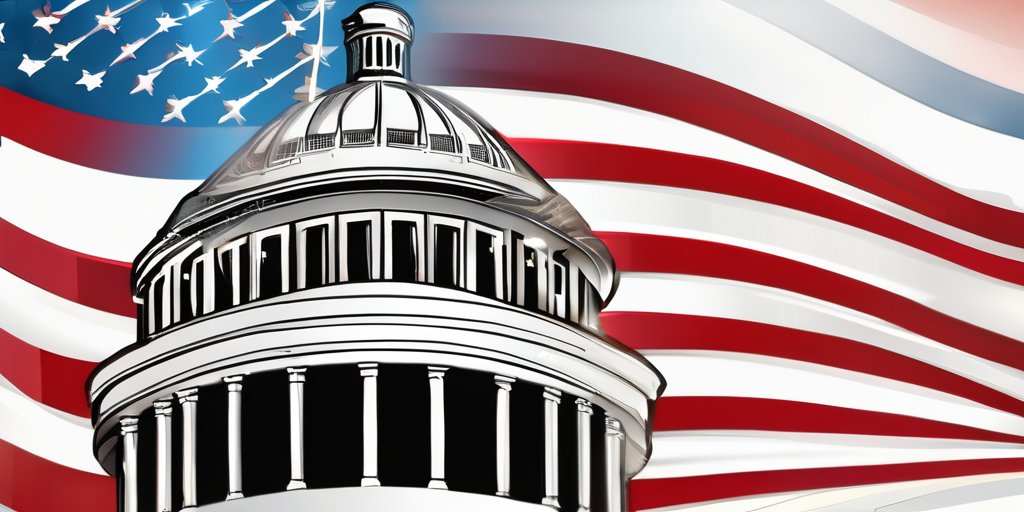In a dramatic turn of events, Senate Republicans have narrowly approved President Donald Trump’s ambitious tax and spending cuts package, following arduous negotiations aimed at securing support from hesitant party members. This monumental bill faces its next significant hurdle as Trump and GOP leaders shift focus to the House, where partisan divides present ongoing challenges. As of today, the pressure is on as the House prepares to vote, with expectations that Trump will rely heavily on House Republicans to rally behind his proposal.
The intricacies of this multitrillion-dollar bill illustrate a deeper narrative of desperation and determination among Senate Republicans. The negotiations escalated over a grueling 24-plus hours, culminating in a decisive moment when Vice President JD Vance cast the tie-breaking vote to pass the essential legislation. Importantly, this chart-topping bill includes extensive tax cuts and allocations for national defense, funded significantly by radical reductions to the federal social safety net—an unprecedented move in decades.
This moment pushes Trump closer to his first major legislative success since returning to the presidency. Trump aims for a signing ceremony on the Fourth of July, exuding confidence that this will bolster his administration’s credibility with voters.
Despite the vote’s success, GOP leaders remain acutely aware of the potential for dissent among House Republicans who have vocalized their dissatisfaction with the Senate’s version of the bill, hinting at possible turmoil ahead. This evolving legislative saga has Senate Majority Leader John Thune and House Speaker Mike Johnson working fervently behind the scenes to ensure that not only is the bill passed, but that it is seen as a unified front for the party.
The Senate bill saw vital last-minute adjustments meant to appease various factions within the party. For instance, the rural hospital fund was significantly boosted from $25 billion to $50 billion, with provisions regarded as critical by several centrists like Senators Collins and Murkowski. These amendments exemplify the GOP’s efforts to present a more palatable package aimed at gaining broader support.
In response to GOP infighting and questions surrounding the bill’s viability, Rep. Jeff Van Drew of New Jersey labeled the changes positively, emphasizing how the amendments would notably benefit hospitals in underserved areas. Yet, amidst the criticism, Medicaid policy specialists caution that these amendments may not translate into real support for healthcare providers.
As the legislative landscape continues to shift, House Republicans are keenly aware that a few dissenting votes could jeopardize the bill’s entire future. With discussions in private signaling discontent within the ranks, there is a growing tension surrounding whether the Senate’s version will pass without significant changes.
In anticipation of this vote, strategists are racing against the clock, as Trump’s credibility with voters hangs in the balance. Only time will tell if the House stands united or if fractures in support are too deeply set, an outcome that could stunt the momentum of the Trump administration moving forward.
This significant legislative moment not only reflects the internal dynamics of the GOP but highlights the strategic battles crucial for Trump’s reign as president. The final vote in the House could mark a pivotal moment in his second term, reinforcing the radical fiscal paths he has championed amidst a tumultuous political landscape march forward into the future.
